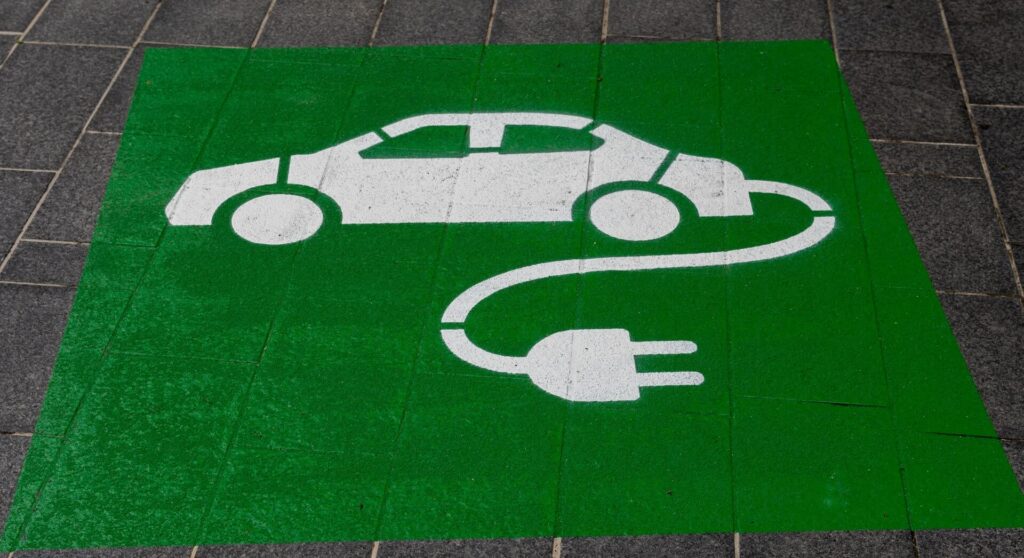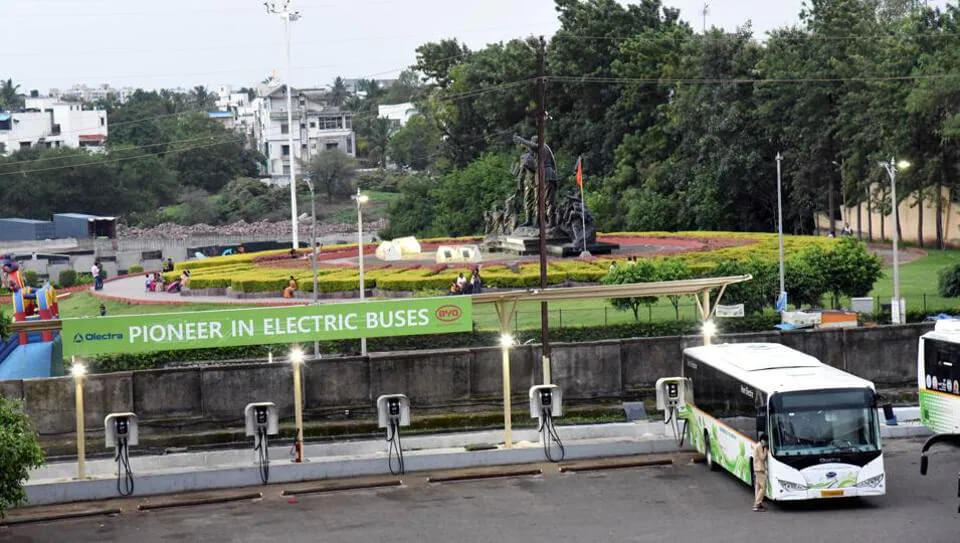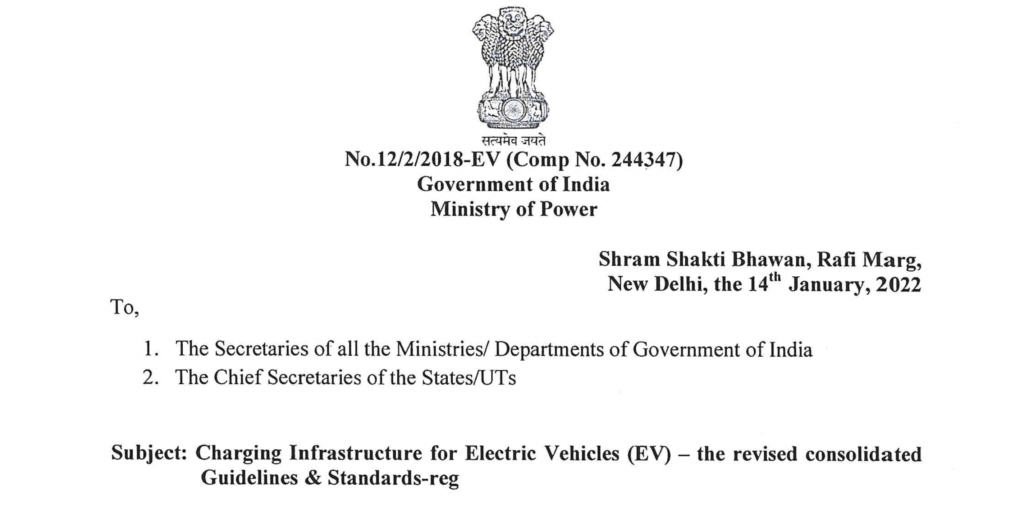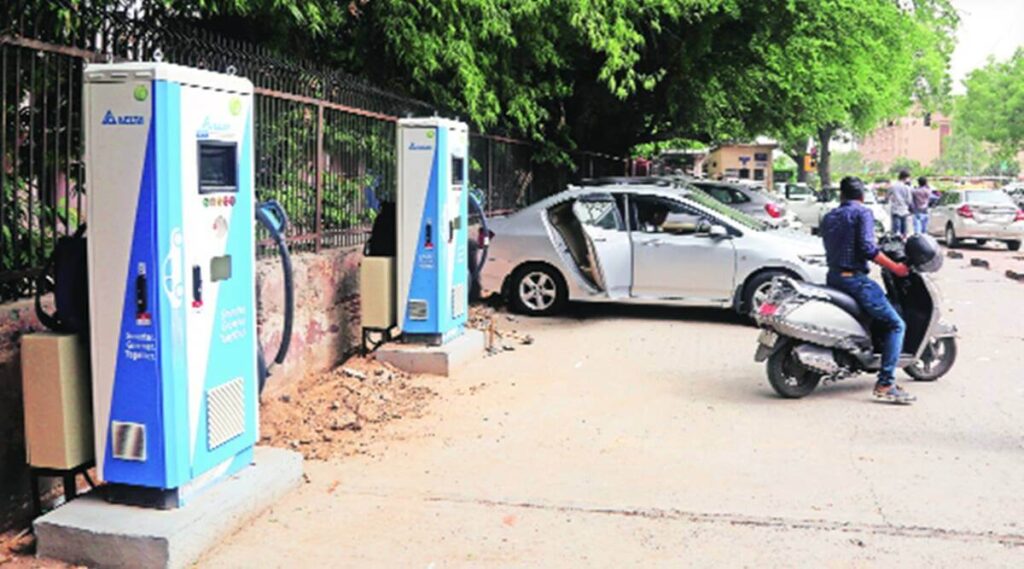Delhi roads will now see blue and lilac coloured electric autos as Chief Minister Arvind Kejriwal on Thursday flagged off electric autos at Indraprastha Bus Depot. As part of the initiative, the Chief Minister handed over registration certificates to 20 auto drivers, including women.
The initiative, Mr. Kejriwal said, helped a number of citizens secure livelihoods, with as many as 3,500 auto drivers having been issued their Letters of Intent (LOI) and allowed to operate e-autos on Delhi’s roads. It would also, the CM added, ensure livelihood for the families of 3,500 auto drivers, including those of 500 women drivers.

Delhi EV Policy 2020: Allotment of Electric Autos
The transport authorities have started the process of allotting 4,261 e-autos under its EV Policy 2020. Of the 4261 e-autos, 33 percent – 1,406 e-autos – were reserved exclusively for women drivers. For this, applications were invited through an online process in the months of October and November, 2022.
A total of 19,846 applications were received from male applicants against the quota of 2,855 e-autos and 743 applications were received from female applicants against the quota of 1,406 e-autos. On 14th February 2022, the Delhi government picked applicants for the allotment of electric auto-rickshaws through a computerized draw of lots and issued the letter of intent.
In order to encourage more women drivers, it was decided to take fresh applications for the remaining e-autos reserved for them in February 2022. In this second round, 93 more women have applied and the process of issuance of licenses to eligible women applicants is underway. A total of 663 e-autos under women quota of 1,406 e-autos were allotted to DMRC on March 3, 2022 with permission to operate.
According to the official statement, Women will drive special lilac-coloured autos while men will drive blue e-autos.
The scheme was earlier, the government clarified, put on hold because of a petition in which the Supreme Court had stayed the government’s decision to allow electric autos in place of CNG, with the limit of one lakh compulsory autos.
At the same time, the Supreme Court ruled in favour of the Delhi government’s decision to introduce e-autos in place of CNG autos. The Delhi High Court, too, in a judgment on February 11, 2022, allowed the Delhi government to resume the registration process for 4,261 e-autos.
Delhi on road to also become the EV Capital of India
Delhi government launched the Delhi EV Policy back in August 2020 in an attempt to drive the transition to battery electric vehicles. The Delhi EV policy is considered one of the most comprehensive electric vehicle policies in India. The owners of eligible electric vehicles in Delhi get the benefit from both the Delhi EV policy and the FAME-II scheme as well. Delhi EV Policy comes offering the highest incentives for the purchase of electric vehicles among all Indian states.
Within the first year of the implementation of the EV policy, electric vehicles accounted for around 10 per cent of the total vehicle sales. The Delhi Transport Department said that as per the vehicle 4.0 database, a total of 139,945 electrical vehicles have been registered in Delhi till 21st March 2022.
Out of these 139,945 registered electric vehicles in Delhi, around 59 per cent of the owners have been provided subsidies under the Delhi Electric Vehicle Policy. This translates to 82,149 EV owners who have received the benefit of subsidy under the Delhi EV policy.

The Delhi Transport Department has also said that around 57,796 owners of eligible EVs have not been provided subsidies due to various reasons. These include the non-eligibility of vehicles under the Delhi Electric Vehicle Policy and the non-furnishing of proper documents by the vehicle owners. The department also informed that the subsidies have also not been provided in a few cases as owners have not applied for it.
The Delhi EV Policy provides extensive subsidies on the purchase of electric two-wheelers and four-wheelers alongside waiving road tax and registration charges as well. Incentives on EVs range from a maximum of ₹30,000 for two and three-wheelers and up to ₹150,000 on the purchase of four-wheelers.”



